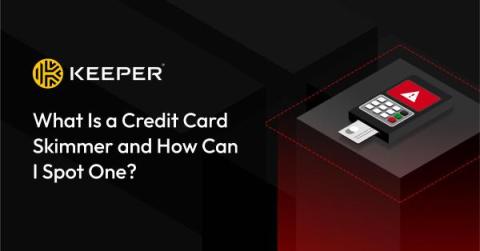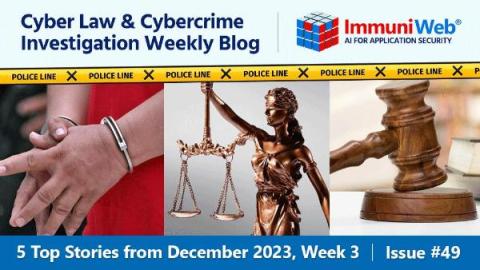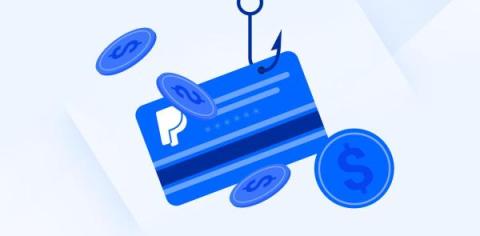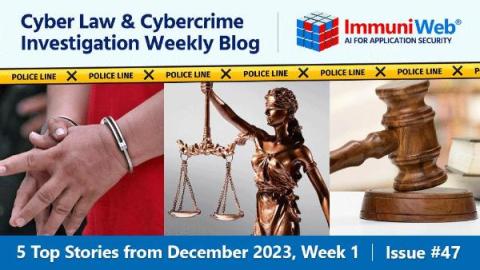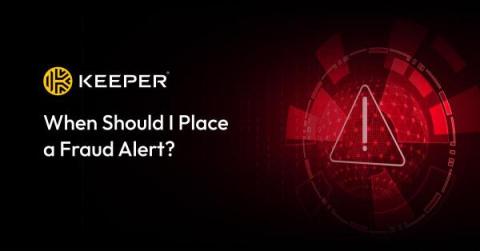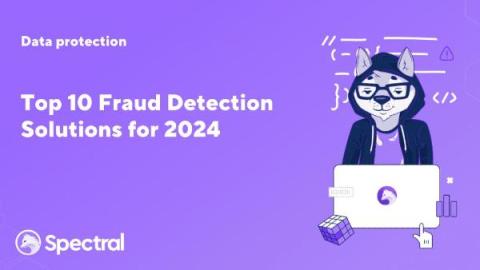Cyber Scammers Beef Up the Number of Fake Delivery Websites Just in Time for Christmas
Cybersecurity researchers at Group-IB have identified a single scam campaign leveraging over 1500 websites impersonating postal carriers and shippers leading up to Christmas this year. Scammers are always taking advantage of those current trends that involve the potential for heightened emotions. During tax season it’s tax returns. During the NBA’s Final Four, it’s about sports betting or tickets to the game.



